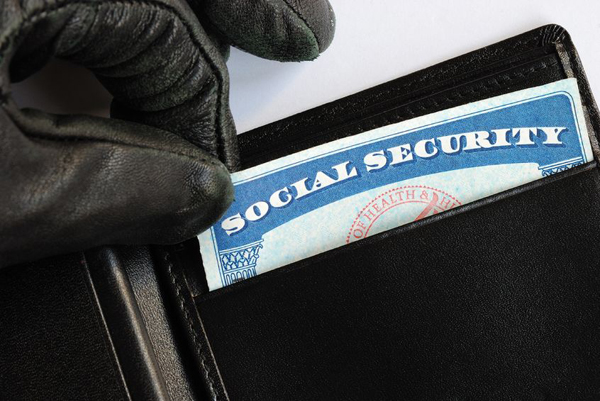White Collar Crimes
White collar crimes though not violent in nature, are very serious with potential penalties including prison time. These crimes can be complex, often involving nuances of accounting, a degree of fraud, complicated computer crimes or RICO violations (Criminal Enterprise). They may also be federal crimes, which are discussed in more depth elsewhere on this site. Penalties for conviction can range from large fines and restitution to prison time.
Bribery
Any public officer, agent, servant or employee who corruptly accepts a gift or gratuity (or the promise of one) in exchange for influencing an act, vote, opinion, decision or judgment in a particular manner, will forfeit his or her office and be prohibited for life from holding any public office, appointment, or trust in Michigan. The individual also may be charged with a felony, punishable by up to 10 years in prison, or by a fine of up to $5,000.
An individual may be charged with bribery if they give or offer a gift or gratuity in exchange for influence in a decision rendered by a trustee, administrator, executor, commissioner, auditor, juror, referee, or other designated official. The person offering the bribe may be charged with a felony punishable by up to 4 years in prison and/or a fine of up to $5,000. The penalty increases to up to 10 years in prison and/or a fine of up to $20,000 if the violation occurs in a criminal case in which the defendant could be charged with a maximum sentence of more than 10 years. The individual accepting the bribe may be charged with a felony as well.
Cyber Crimes and Identity Theft
Cyber crimes include but are not limited to child pornography charges discussed elsewhere on this site as well as Identity Theft.
Identity Theft occurs when an individual, with intent to defraud or violate the law, uses or attempts to use another’s personal identifying information or conceals, withholds or misrepresents their own identity, to obtain credit, goods, services, money, property, a vital record, a confidential telephone record, medical records or information, or employment or commit another unlawful act. In Michigan, Identity Theft is a felony that is punishable by up to 5 years in prison and/or a $25,000 fine for the first offense; up to 10 years in prison and/or a $50,000 fine for the second offense; and up to 15 years in prison and/or a $75,000 fine for third and subsequent offenses. In addition to criminal charges, certain categories of identity theft may leave the defendant open to civil charges and damages.
Embezzlement
Individuals may be charged with embezzlement when they steal lawfully accessed property from their employer. Penalties are complex and vary with the value of the property taken, the number of prior convictions and the stats of the victim. If the value of the property is:
Under $200, it is a misdemeanor punishable by up to 93 days in jail and/or a fine of up to $500 or 3 times the value of the property, whichever is greater.
$200 through $1,000, or less than $200 with a prior conviction, or if the victim is a nonprofit, it is a it is a misdemeanor punishable by up to 1 year in jail and/or a fine of up to $2000 or 3 times the value of the property, whichever is greater.
$1,000 to $20,000, or $200 to $1000 with prior convictions, or if victim is a nonprofit, is a felony punishable by up to 5 years in prison and/or a fine of up to $10,000 or 3 times the value of the property, whichever is greater.
$20,000 to $50,000, or $1,000 to $20,000 with 2 prior convictions, or if the victim is a nonprofit, is a felony punishable by up to 10 years in prison and/or a fine of up to $15,000 or 3 times the value of the property, whichever is greater.
$50,000 through $100,000 is a felony punishable by up to 15 years in prison and/or a fine of up to $25,000 or 3 times the value of the property, whichever is greater.
More than $100,000 is a felony punishable by up to 20 years in prison and/or a fine of up to $50,000 or 3 times the value of the property, whichever is greater.
Our experienced and professional attorneys understand the intricacies of white collar crime cases and can come to your defense whether you are dealing with state or federal charges.



